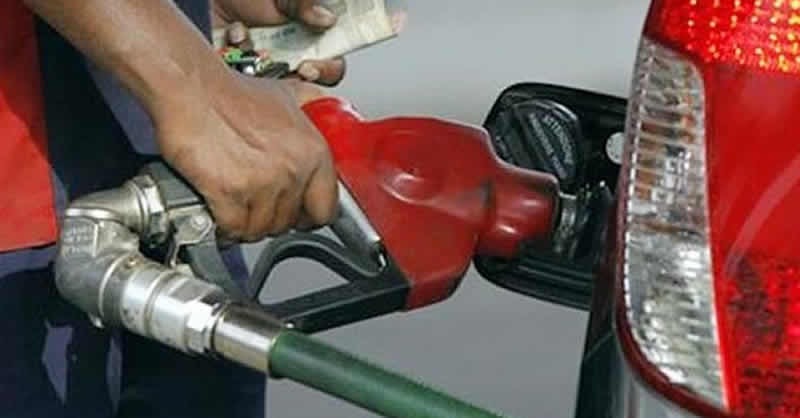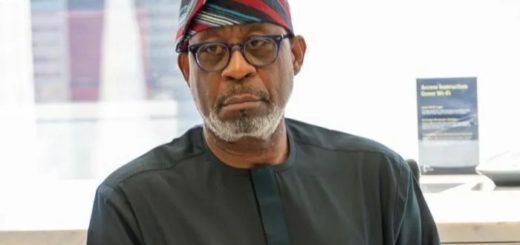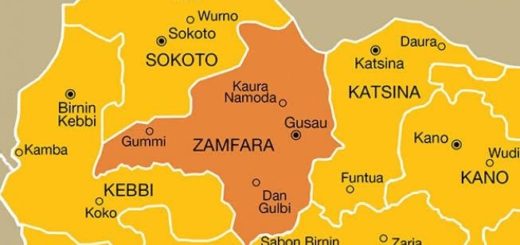Convert Petrol Depots To Crude Storage Facilities, Expert Tells Operators
 An energy expert Omonigho Otanocha has urged the government and private operators to convert their depots to crude storage facilities now that the Nigerian National Petroleum Company Limited (NNPCL) has stopped the importation of petrol with the rollout of products from the Dangote Refinery.
An energy expert Omonigho Otanocha has urged the government and private operators to convert their depots to crude storage facilities now that the Nigerian National Petroleum Company Limited (NNPCL) has stopped the importation of petrol with the rollout of products from the Dangote Refinery.
Otanocha, the Chief Executive Officer of the Federal University of Petroleum Resources Effurun (FUPRE) Energy Solutions Limited, stated this on the Business Morning segment of Channels Television’s Sunrise Daily show.
Otedola said with petrol now rolled out by the $20bn Dangote Refinery, the days of Nigeria bowing to foreign powers for fuel needs are over.
Otedola said with the 650,000 barrels per day facility fully producing aviation fuel, diesel, and petrol, billionaire businessman Aliko Dangote has dealt a death blow
“The depot owners should take heed—it’s time to dismantle those depots and sell them as scraps while the market is still high. The world has changed, and those who do not adapt will be left behind,” Otedola said.
Responding to Otedola’s comments, Otanocha said, “I heard Otedola say that the storage facilities should be scrapped. They can be modified to take crude and support the local capacity buildup in that area.
“So, I strongly support the idea that there should be more campaigns, more production to up our production quota so that after satisfying OPEC, and other multinationals, we can have enough to take care of our local refineries.”
NNPCL Debt Challenge
The rollout of petrol by the Dangote Refinery followed the admission by the NNPCL that it owes “significant debt to petrol suppliers” and this poses a threat to the sustainability of fuel supply.
There have been reports that a $6 billion debt the NNPCL owes petrol suppliers has worsened petrol scarcity in Nigeria, a perennial feature since the beginning of 2024.
At different times, the NNPCL blamed logistics challenges, and flooding, amongst others for the supply shortages of the essential commodity.
However, in a statement on Sunday, NNPCL spokesman Olufemi Soneye said “this financial strain has placed considerable pressure on the company and poses a threat to the sustainability of fuel supply”.
Nigeria, Africa’s most populous nation, faces energy challenges, with all its state-owned refineries non-operational. The country is heavily reliant on imported refined petroleum products, with the state-run NNPC being the major importer of the essential commodities.
Fuel queues are commonplace in the country. Prices of petrol tripled since the removal of subsidy in May 2023, from around ₦200/litre to about ₦800/litre, compounding the woes of the citizens who power their vehicles, and generating sets with petrol, no thanks to decades-long epileptic electricity supply.
The government simultaneously unified forex windows, with the value of the naira nosediving terribly from $1/₦700 to over $1/₦1600 at the parallel market. Prices of food and basic commodities immediately climbed through the roof as Nigerians battled attendant inflation.













